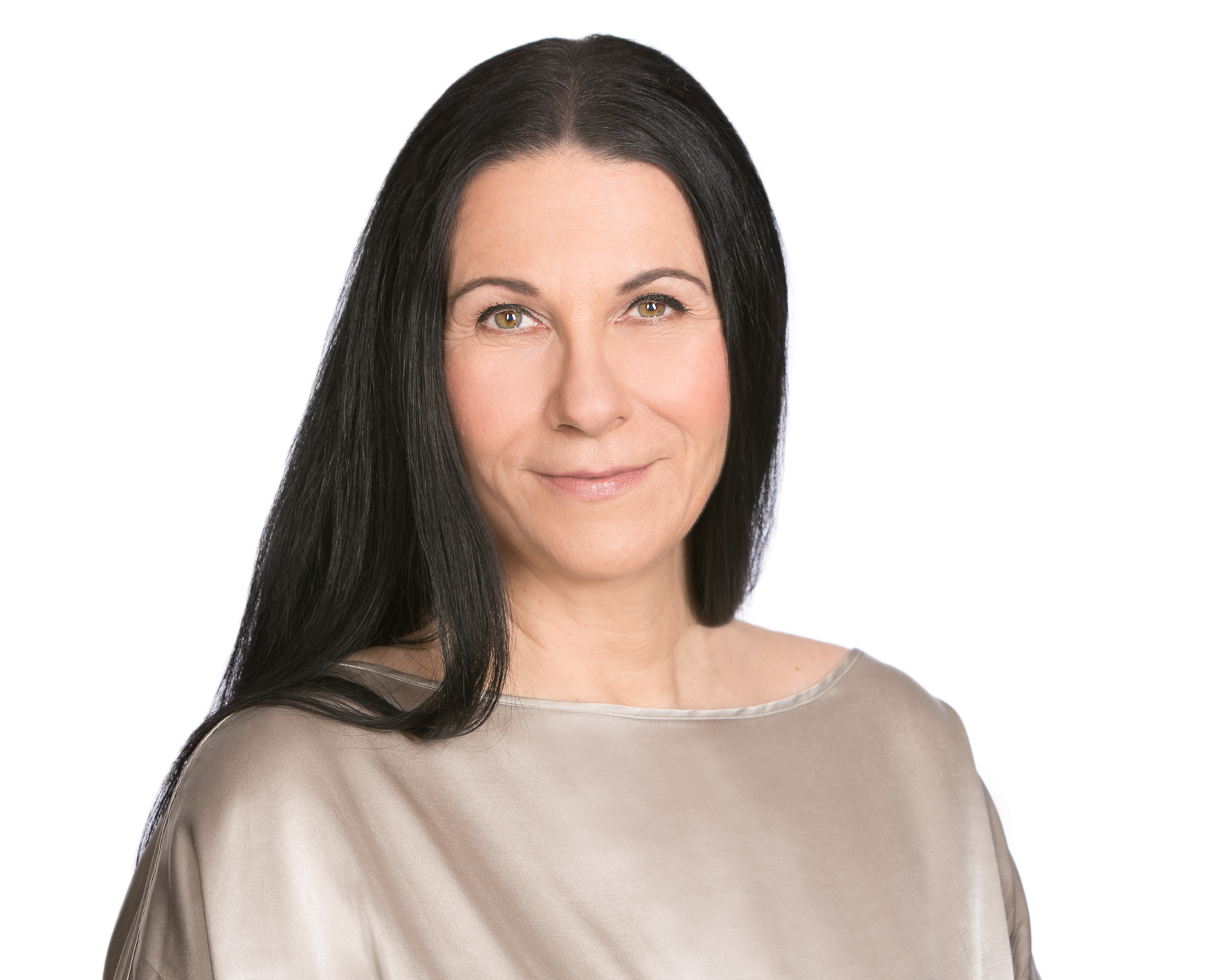Foods and nutrients for a healthy thyroid
What is the thyroid?
The thyroid is a butterfly-shaped gland located in the front of your neck. The healthy thyroid releases hormones which regulate body and brain growth and development, body temperature, energy levels and metabolic functions (the rate at which the body produces and uses energy from nutrients and oxygen). Thyroid hormones influence and regulate the activity of all cells and tissues in the body.
The thyroid gland is part of the endocrine system and produces the hormones thyroxine (T4) and triiodothyronine (T3).
Hypo- and hyperthyroidism disorder
If the thyroid produces insufficient thyroid hormone, it is known as hypothyroidism. This can result in the slowing down of your metabolism and cause difficulty losing weight and even weight gain. Some of the other symptoms can include fatigue, forgetfulness, dry hair and skin, constipation, muscle cramping, and feeling cold.
If the thyroid gland produces too much thyroid hormone, this is known as hyperthyroidism – causing the body’s metabolic functions to speed up which brings with it loss of weight.
It is estimated that at least 3.7% of US adults have an underactive thyroid. An under active thyroid can be diagnosed from a blood test from your health professional.
How does the thyroid become under active?
There are many reasons why your thyroid may become under active. The most common is autoimmunity, where the immune cells attack other cells in the body – in this case, the cells of the thyroid gland.
It can also be the result of low levels of iodine, which is an essential mineral. Combining that with high levels of goitrogens (food substances that inhibit iodine from getting into thyroid) and you can be at risk for an iodine deficiency.
PRO TIP: Iodine-deficiency is not very common in the developed world, so supplements are likely not necessary, and may exacerbate certain thyroid issues. Check with your healthcare professional before taking supplements, and always read the label.
Foods and nutrients for thyroid health
Enough iodine from food
Iodine is naturally found in fish and seafood. Other foods that contain iodine are navy beans, potatoes, and eggs. Sometimes levels of natural iodine depend on the amount of iodine in the soil. Iodine is also added (i.e., fortified) to some foods.
Enough selenium from food
Some people recommend selenium (another essential mineral) to support the thyroid. A recent review of several clinical studies showed that there is not enough evidence to recommend selenium supplements to people with certain thyroid conditions. Because of this, it is best to stick with selenium-rich foods like Brazil nuts (not more than 3 nuts per day!), mushrooms, meat, and fish.
Reduce goitrogens
Goitrogens are plant-estrogens that prevent the iodine in your blood from getting into your thyroid where it is needed to make thyroid hormones. Goitrogens themselves are not that powerful, unless they’re eaten excessively, or are combined with a diet already low in iodine. They are found in “cruciferous” vegetables such as Brussels sprouts, broccoli, cauliflower, cabbage, and kale. Goitrogens can be deactivated by cooking the foods they are found in. Because these cruciferous vegetables are very nutritious, you may choose to cook or steam them instead of eliminating them altogether.
Enough protein
One of the common symptoms of thyroid issues is the inability to lose weight. If this is the case, one thing you can eat more of is protein. Protein has a “thermogenic effect” because your body has to spend energy metabolizing protein; this means that calorie-for-calorie, carbs will promote weight gain more than protein will.
Sea vegetables
Sea vegetables are rich in iodine and promote the production of thyroid hormones. Recommended sea food vegetables are wakame, nori and dulse.
No gluten
Try going gluten-free. There is evidence of a link between under active thyroid and gluten sensitivity. There may be a “cross-reactivity” where the immune cells that are sensitized to gluten can attack the thyroid cells by mistake; this is essentially how autoimmunity works and can affect more than just your thyroid. You might request getting tested for celiac disease if you are experiencing thyroid issues.
Maca
women who had moderate to severe menopause symptoms and had an under active thyroid, reported that they have been able to reduce their thyroid medication or even to stop it entirely after using maca for a few months. It is recommended to check with your endocrinologist before you start taking maca, especially if your thyroid gland is under active.
Lifestyle upgrade
Weight gain and difficulty losing weight are very common when it comes to thyroid issues. In this case, it is important to get enough regular exercise, enough quality sleep, and reduce stress.
AYURVedic supplements
Two ayurvedic herbs have been shown to improve T3 and T4 levels. Both ashwagandha and guggul help increase circulating T4 levels with no influence on T3.
Conclusion
If you have concerns about your thyroid, then ask to be tested. That along with testing for celiac disease can help to confirm your best plan to move forward in good health.
Foods to support your thyroid include iodine- and selenium-containing foods, cooked cruciferous vegetables, and gluten-free foods. Don’t forget to eat enough protein to help boost your metabolism. Also, consider reducing the amount of raw cruciferous foods you eat.
Supplementing with iodine or selenium should be done with a health professional’s advice.
Don’t forget: regular exercise, quality sleep, and stress-reduction are all part of the holistic approach to supporting your thyroid.
written by

LAURA PEISCHL, BA, INHC
Laura is a Certified Integrative Nutrition Health Coach, Holistic Menopause Health Specialist and Certified Hormone Health and Wellness practitioner. She is the founder and owner of Feel Good Menopause.


